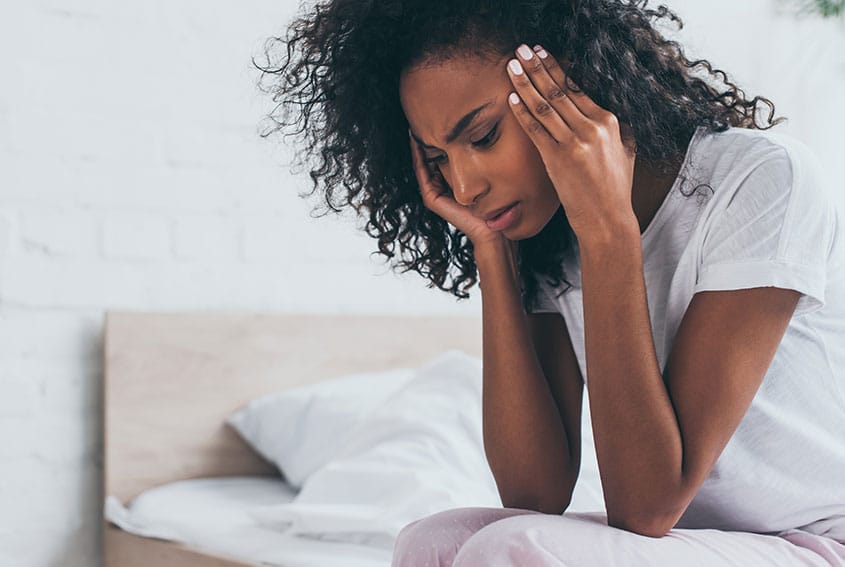Waking up with a headache can be a frustrating and painful way to start your day. There are many possible causes of morning headaches, including dehydration, stress, sleep disorders, and even the position you sleep in. However, there are several things you can do to alleviate the pain and prevent morning headaches from occurring in the future.
First, it is important to identify the cause of your morning headache. If you are dehydrated, drinking plenty of water throughout the day can help prevent headaches. If you have a sleep disorder, such as sleep apnea or insomnia, it is important to seek treatment from a medical professional.
If your headache is caused by stress, practicing relaxation techniques, such as deep breathing, meditation, or yoga, may be helpful. Additionally, getting regular exercise and reducing caffeine and alcohol intake may also reduce stress levels and prevent headaches.
Another common cause of morning headaches is poor sleep posture. Sleeping in an awkward position can put strain on your neck and lead to tension headaches. It is important to make sure that your pillow and mattress are supportive and comfortable, and to avoid sleeping on your stomach.
Over-the-counter pain relievers, such as ibuprofen or acetaminophen, can also be effective in reducing the pain of a morning headache. However, it is important to use these medications as directed and to avoid taking them on a regular basis, as this can lead to rebound headaches.
In some cases, morning headaches may be a symptom of an underlying medical condition, such as high blood pressure or a neurological disorder. If you are experiencing frequent or severe morning headaches, it is important to consult with a healthcare professional to rule out any serious underlying issues.
In summary, waking up with a headache can be a painful and frustrating experience, but there are several things you can do to prevent and alleviate the pain. Identifying the cause of your headache, practicing relaxation techniques, improving your sleep posture, and taking over-the-counter pain relievers can all be helpful strategies. If your headaches persist or are severe, it is important to seek medical attention to rule out any underlying medical conditions.



